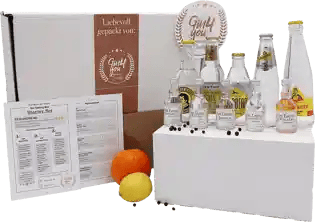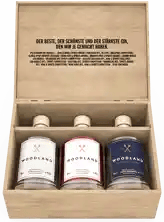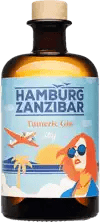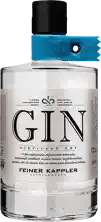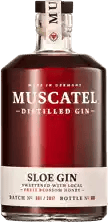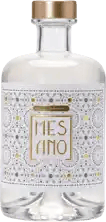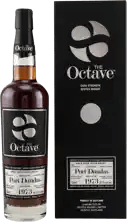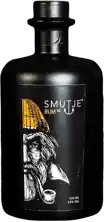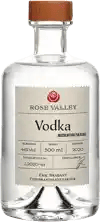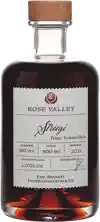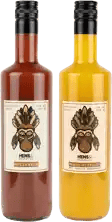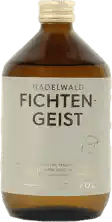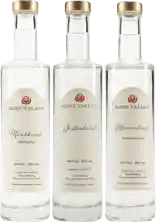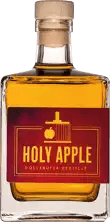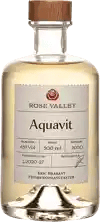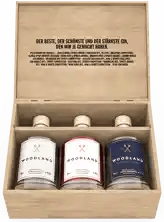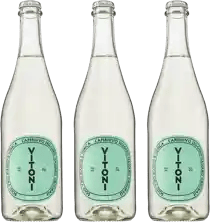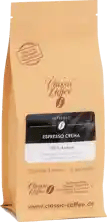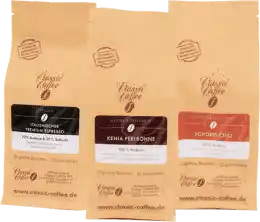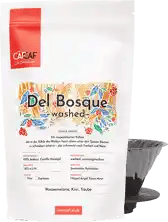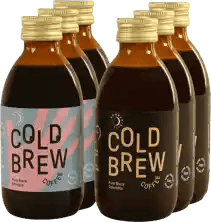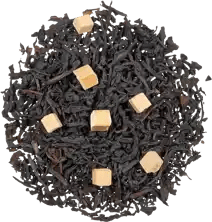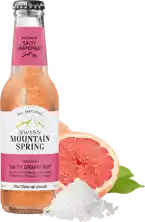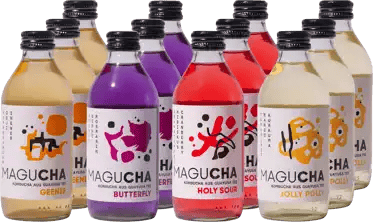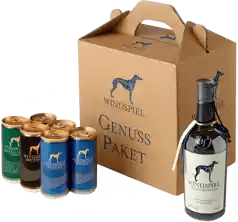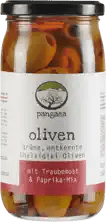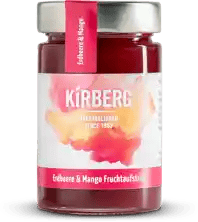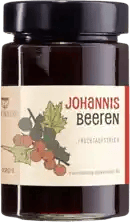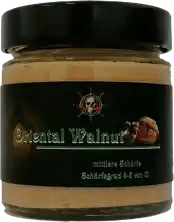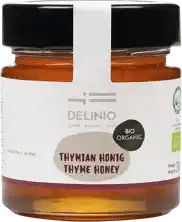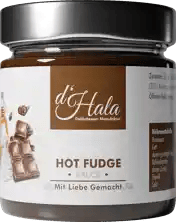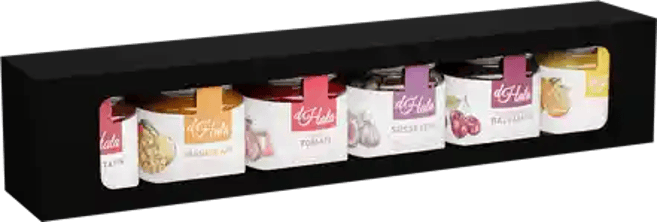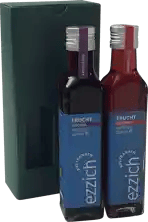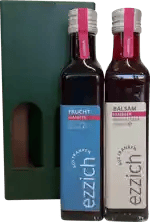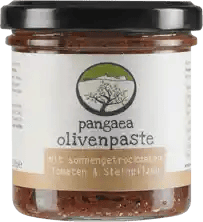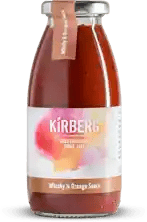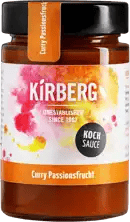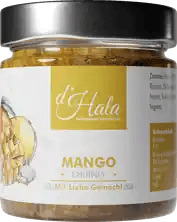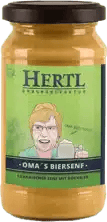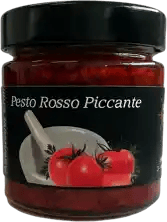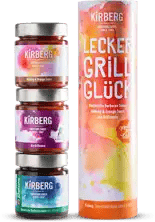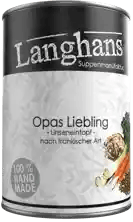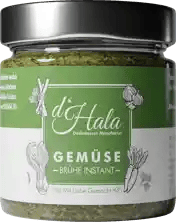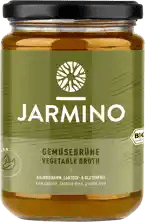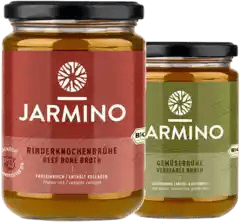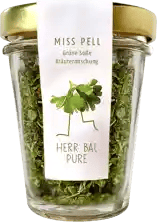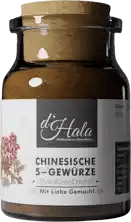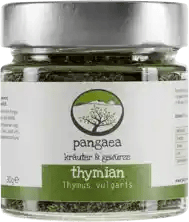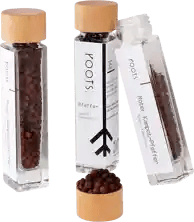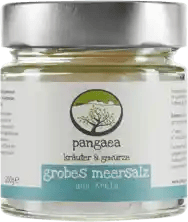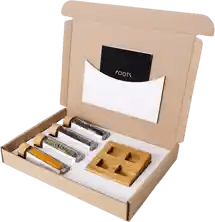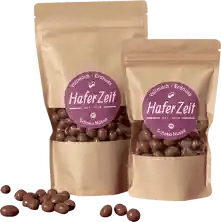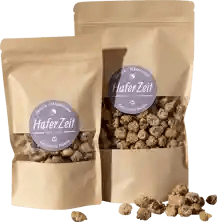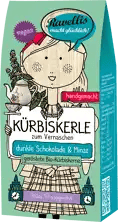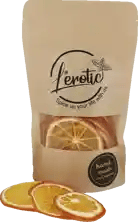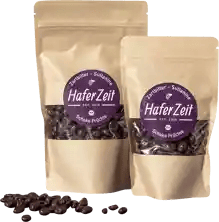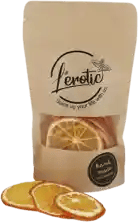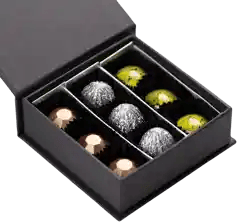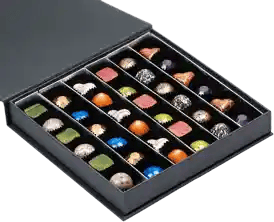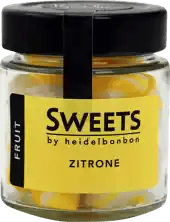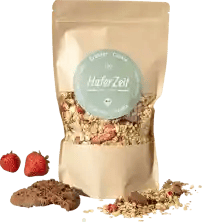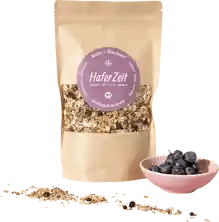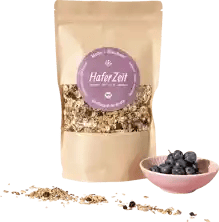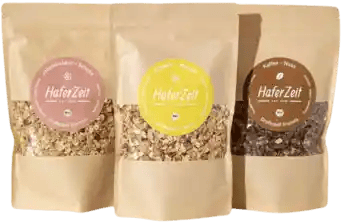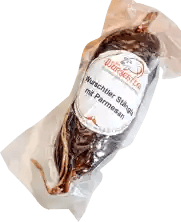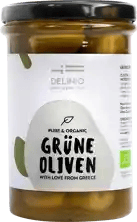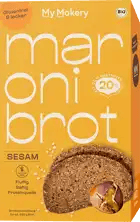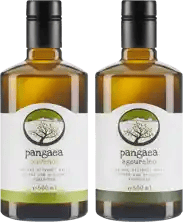Quality instead of quantity!
6,000 independent products
No mainstream
6.000 independent products
Eierlikör is a traditional German liqueur made from eggs, sugar and a distilled alcohol, usually rum. It has a creamy consistency and a rich, sweet taste and is often enjoyed as a dessert drink or digestif. In our experience, eggnog delights both young and old! It is particularly popular on public holidays.
Next to Christmas, Easter is probably the most important holiday of the year. Apart from its ecclesiastical significance, we celebrate the arrival of spring and the end of the cold season at Easter - which is also reflected in the culinary delights of the festival. Greens on Maundy Thursday, fish on Good Friday, lamb on Easter Sunday - we all know the order of the dishes. But what do we actually drink at Easter? The answer is obvious: eggnog!
Here you can find out everything you need to know about the ideal Easter and Christmas drink, our simple but really good eggnog recipe or where you can get good ready-made eggnog and which other drinks play a role at Easter. Let's start with some useful facts.
Interesting facts about eggnog
Egg liqueur began its triumphal march around the world in the 17th century. At that time, a Dutchman whose surname still adorns the label of the best-selling egg liqueur brand developed the recipe for the cult drink.
Fun fact: The warm version of eggnog, also known as eggnog or eggnog, was first mentioned in the 17th century.
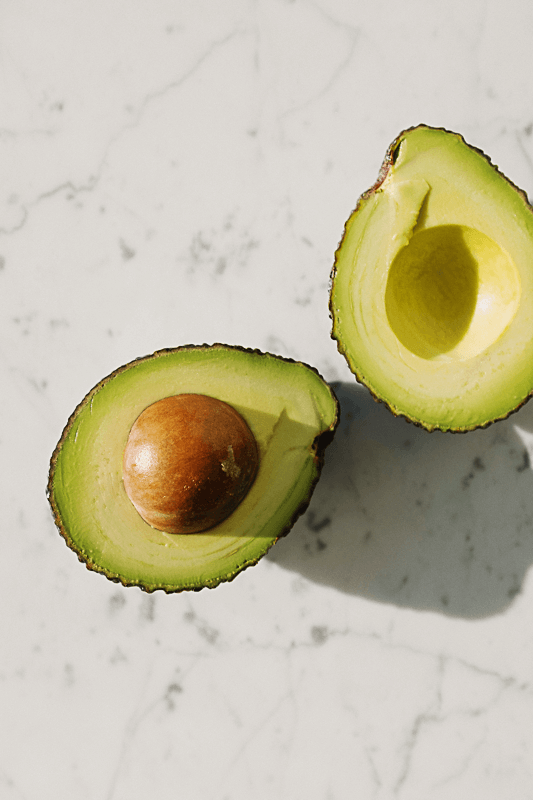
Hard to believe: the creamy texture of the avocado inspired the eggnog.
However, Eugen Verpoorten did not come up with the idea for eggnog on his own. The forerunner of eggnog lies in another drink that actually has nothing to do with the chicken product. It was the indigenous people of Brazil who showed the European seafarers "abacate" - a refreshing drink made from the ripe flesh of the avocado. The sailors added cane sugar and rum to the avocado drink and brought the liqueur-like drink back to Europe under the name "Advocaat". However, avocados were hard to come by on the European mainland at the time. So they looked for alternatives that could imitate the creamy consistency of the avocado - and ended up with advocaat.
What goes into eggnog?
As the name suggests, eggnog consists mainly of eggs, or egg yolks to be precise. This is mixed with sugar and alcohol - and in many local recipes also with milk, cream or condensed milk. However, according to the EU Food Regulation, these dairy products have no place in egg liqueur (produced for retail).
Even today, the name Advocaat can still be found on one or two egg liqueur bottles - and not without reason: only products that contain at least 140g of eggs and 150g of sugar per liter and have a minimum alcohol content of 14% vol. may be called Advocaat egg liqueur.
Fortunately, the requirements for home production are not so strict. However, there are a few things you should bear in mind if you want to make your own eggnog at home.
The recipe for making your own eggnog
Whether thick and creamy or rather runny, with a strong alcohol note or rather fine and sweet - how exactly your eggnog tastes in the end is entirely up to you. While an eggnog recipe with condensed milk is more for fans of a thick liqueur that you can almost spoon, milk provides a thinner texture. The most popular version is probably the one with cream, which is somewhere between the two extremes.
There are also few limits to the imagination when it comes to the alcohol used. The only important thing is that it should be at least 38% by volume. Whether you choose rum, vodka or grain is entirely up to you. If you like it a little fruitier, you can also use fruit brandies such as kirsch or raspberry brandy.
Wine spirit is traditionally used for egg liqueur because it is neutral in taste and has a decent alcohol content of at least 70 % vol. However, neutral alcohol is not easy to find on the spirits shelf; you usually have to go to the pharmacy or buy the product online. If you want to make things easier for yourself and don't mind a bit of flavor in your eggnog, use a higher-proof spirit from your own home bar. We have our favorite recipe with white rum for you here:
Recipe: Eggnog with white rum

The eggnog recipe with white rum
Ingredients:
for approx. 1.5 l
- 8 egg yolks (room temperature)
- 250 g powdered sugar
- pulp of one vanilla pod
- 400 ml cream
- 200-250 ml white rum (e.g. Ron Elba White Rum | 24,90€)
Preparation:
- Separate the eggs. Beat the egg yolks with the vanilla pulp and powdered sugar until frothy.
- Add the cream and stir over a bain-marie (not too hot) for around five minutes. Caution: The mixture must not get too hot, otherwise the egg will curdle.
- Remove the egg mixture from the heat and stir in the white rum. Season to taste and bottle.
Your homemade eggnog is ready! By the way, you can also enjoy eggnog without alcohol! For alcohol-free eggnog, use either the same amount of an alcohol-free rum alternative such as this Lyre's Spiced Cane Spirit or simply fruit juice instead of rum! This makes the liqueur a little more liquid and fruity, but doesn't lose its creamy character.
Useful tips for egg liqueur
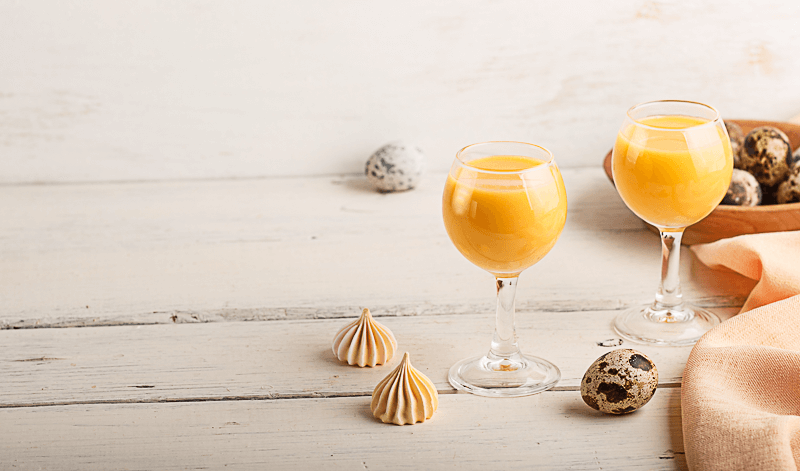
Here you will find useful tips about eggnog
Why actually heat it up?
As the nasty and not so harmless salmonella bacteria can occur in raw eggs, it is important to sterilize the eggs. One way to do this is to heat them over a water bath, which is sure to kill germs.
However, there is also another method in which you can take advantage of the germ-killing effect of alcohol: first mix the eggs with the alcohol and store the mixture at room temperature for a few days before processing it into eggnog.
No matter which method you use: The eggs should be as fresh as possible. This way you avoid unpleasant aromas.
If your eggnog doesn't turn out the way you imagined it
We've all been there: the recipes sound really easy and yet somehow you've done something wrong and the end product is anything but presentable. Not with us! Here are a few tips for common problems when making your own eggnog:
- Your eggnog is too runny: More cream! If you need more than just a sip of cream because your eggnog is more like water than liquid gold, feel free to add more egg yolk.
- Ifyour eggnog tastes too strongly of alcohol: here too, more cream and more egg yolk will help. However, remember to reheat the egg you have added over a bain-marie.
- Your egg mixture is flaky: The problem here is probably that the eggs have been heated too quickly and/or too much. Always make sure to bring the eggs to room temperature first. If your mixture flakes, remove it from the bain-marie immediately and continue stirring. Finally, pour the mixture through a sieve. To be on the safe side, check again that you have removed the mixture from the heat in time: If you're unlucky, your eggnog will taste more like scrambled eggs than a sweet dessert.
- Your eggnog is too thick: Especially after a few days in the fridge, the liquid tends to thicken and is then difficult to get out of the bottle. Shake vigorously to help! If this still doesn't have the desired effect, carefully add a few sips of milk and alcohol.
What is the shelf life of homemade eggnog?
- Unopened: approx. 3-4 weeks
- Open bottle: Store in the fridge & use within a few days
In general, you should make sure to store the eggnog in a cool, dark place.
What to do with the remaining egg white?
As you only use the egg yolk for the liqueur, there will be quite a lot of egg white left over. But you don't have to throw them away!
Our tip: meringue! Also known as meringue, these sweet treats are basically just egg whites and sugar. You can find a great basic recipe for meringues here. The little sweet kisses also taste great dipped in eggnog. Attention: sweet!
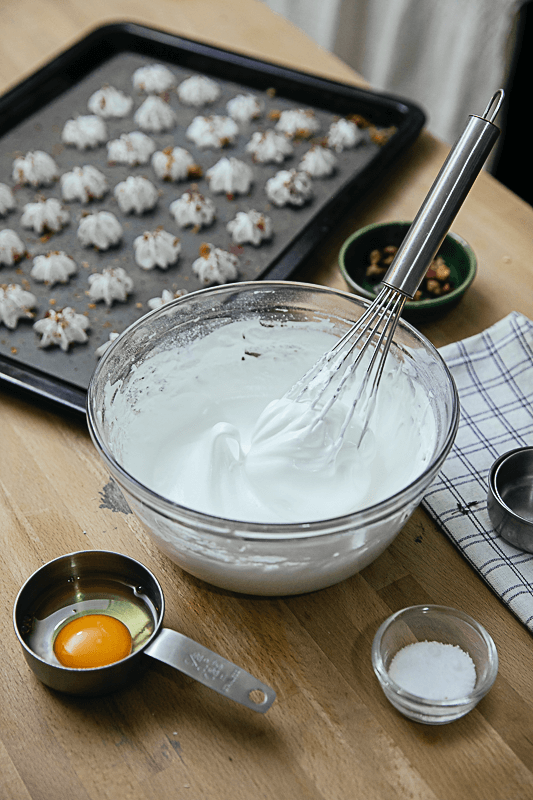
You can use the remaining egg whites to make meringue (also known as meringue)!
How do you enjoy eggnog properly?
Eggnog is usually served chilled, straight from the fridge, or on ice. The optimum drinking temperature for eggnog is between 10 and 12°C. However, the liqueur also tastes delicious fresh and still warm if you make it yourself. Whether you drink your eggnog on its own or use it to enhance your cakes and desserts is entirely up to you.
It can also be used as a topping for ice cream or cakes or as an ingredient for other desserts such as puddings and custards. It is often enjoyed as a dessert drink or digestif and is sometimes served with whipped cream or chocolate shavings.
New varieties of eggnog
Of course, the German spirits scene is not standing still and is constantly developing traditional drinks such as eggnog. Nowadays, many recipes also contain vanilla or other flavors such as chocolate or coffee. Other eggnog creations with gin, hazelnut or raspberry also make it into the recipe books of German manufacturers. A creamy, vegan liqueur without eggs is also particularly popular with us.
An egg liqueur tasting set is a great way to try out all the new variations of egg liqueur. Not only as a gift, but also for tasting at home with family and friends.
Buy eggnog
Don't feel like making your own eggnog, but don't want to buy the mainstream products from the supermarket shelves? No problem! Here you can find really good eggnog that is made by hand in small factories using really good ingredients:
- Rübbelberg premium eggnog | from €12.50
- Organic e ggnog | from 4,00 €
- Egggin liqueur | from € 8.50
Other suitable Easter drinks
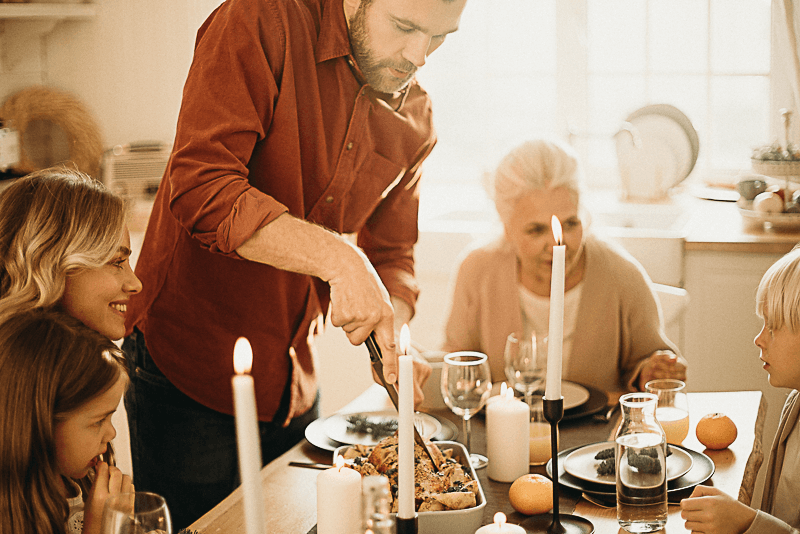
There is one drink that goes particularly well with Easter dishes: wine!
Even though eggnog goes perfectly with the Easter yeast pastries, it is only suitable as an end to the Easter feast. So here are a few more drink recommendations that go well with traditional Easter dishes:
- Green dishes for Green Thursday: tart, fresh white wine, e.g: Louie Louie organic dry white wine cuveé
- Fish on Good Friday: preferably sparkling, e.g. Prosecco Frizzante Villa Noberini | light, dry wines, e.g.: 2019 Filari Cerasuolo d'Abruzzo | best with herring: beer, e.g. Steamworks Brewing Co. craft lager
- Roast lamb on Easter Sunday: fruity and spicy red wine, e.g.: 2016 Dievole Novecento Riserva
You can find our complete range of liqueurs here.
Brilliant!

Bitte bestätige deine Anmeldung noch eben - du hast eine Bestätigungsmail von uns. Klicke darin auf den Link. Danach bekommst du deinen Rabattgutschein.

